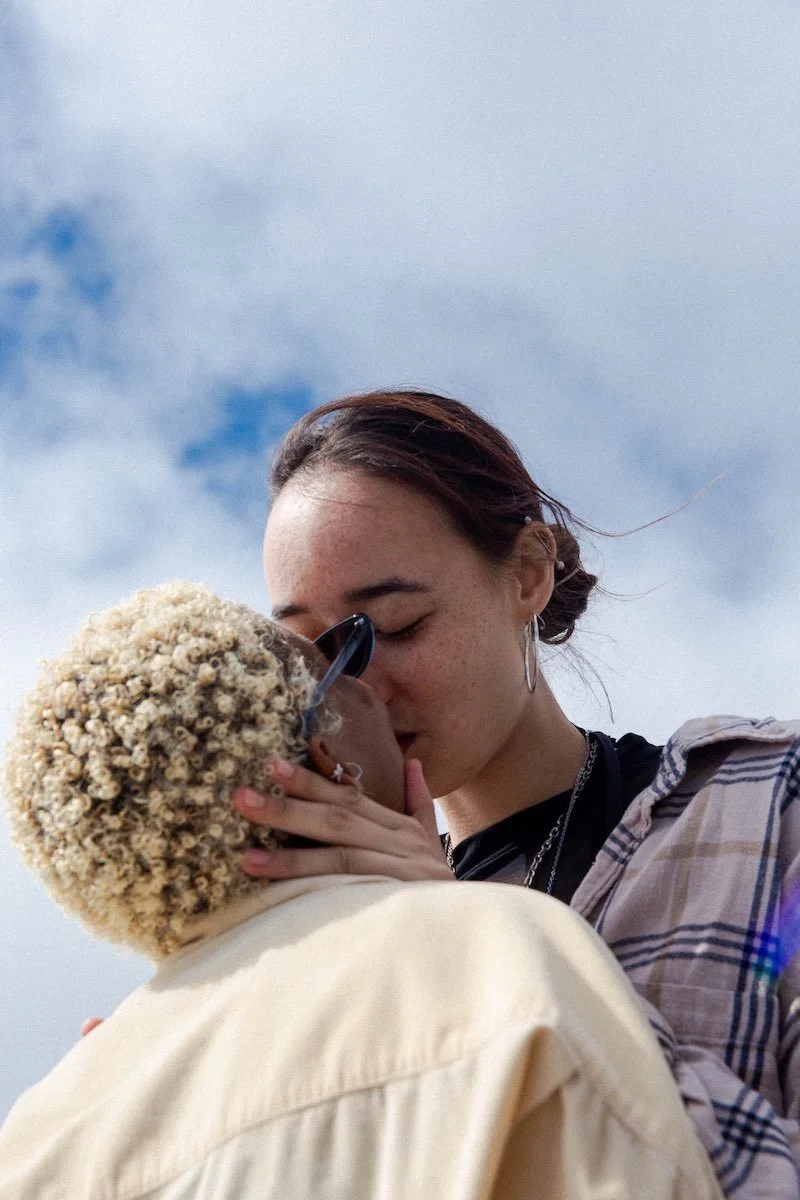Are we addressing attachment healing all wrong?
Hello,
My toddler woke up at 4:15 this morning, and after that, my brain just wouldn’t shut off. I started thinking about how we address one another’s (and our own) attachment needs. I think social media has a wonderful place in our healing journey, and I am guilty of saving tons of posts intending to go back to them and explore them. But most often what happens is that an idea is triggered in my brain but never actually takes root. I love the concept, but I don’t actually learn how to apply it to my personal life or really get familiar with it. Am I learning when I do this? Or do I just feel like I’m soaking up information and then when it comes to applying it and showing up differently in my relationships, I’m following the same old patterns and feeling more frustrated because I’m overstimulated and full of information that I don’t have an outlet for?
What I’m noticing is that when we address attachment wounding with information only, we may be inadvertently missing the point. Information is important for us to develop an understanding of our own experiences and create a framework for how we got to where we are, and how our most important people have experienced the world. But information will not change our history. We have to approach our most challenging and complicated experiences by *feeling* into them and creating a felt sense of safety and security (which is what was missing from those difficult times) to allow our nervous systems an opportunity to try something different.
When my toddler wakes in the middle of the night, if my partner and I simply tell him to go back to sleep because it’s nighttime and he should be sleeping, and we are tired and want him to go to sleep, is this effective? The information is correct. Our points are completely valid. But the information does not align with his experience. We don’t know why he woke up or what is happening for him in his body. We can’t expect him to take this information and apply it to his experience (not just because he is a toddler, but because our perception of what is happening is different than his). We need to meet him where he is: we need to accept his needs, approach them with compassion, and support him in creating a different experience. This applies to our adult relationships too, if we are working toward fostering deeper roots of security in our communities.
These transformational moments occur in relationship with others and especially tender moments with ourselves when we have the spaciousness we need to really allow our emotions to flow. To create this kind of container, we *must* feel safe. Our brains are designed to seek safety and we cannot reprocess a difficult experience effectively without feeling safe internally and externally.
In my own personal therapy (because I try to show up the way I ask you to!), I am realizing how much I have hardened myself over the past 2 years just to get by each day. Surviving a global pandemic has been burdensome for every one of us, and my experience of parenting a toddler has brought up just about every fear of abandonment, loneliness, and exhaustion that I could fathom. I have had to both brace myself for whatever comes next and soften, even melt, into the necessary surrender of parenting and surviving. My sense of safety has eroded and I can feel it in my body. What about you?
Thank you for being here and for continuously showing up and taking breaks and growing your awareness of your needs. I appreciate you and I see you.
Warmly,
Elizabeth

